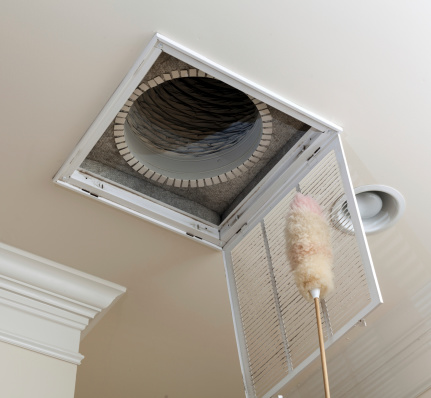If you have an air conditioner, it is only a matter of time before you will have some type of problem. Regardless of the quality, all cooling systems undergo a great deal of stress trying to keep your home cool and will require regular maintenance and occasional repairs or service; however, all too often, homeowners call for a professional air conditioning technician before following some simple, money saving troubleshooting tips. By troubleshooting air conditioning problems, you can often save the hassle and money of a HVAC service call.
To diagnose HVAC problems, the first thing you want to do is determine if the air conditioner is getting electricity. Without a source of power, you certainly won’t get any cooling. Check to see if your home has electrical power. If you don’t have electricity coming into your home, your air conditioner won’t be getting any power either. Another source to check is the circuit breaker or fuse. If the circuit has been tripped, no electricity will reach your AC unit.
If you have an A/C not working, but it is getting power, there are still some things you should check. The indoor unit, generally has an on/off switch located near the air handler, for safety reasons. Check to ensure this switch wasn’t inadvertently switched to the “off” position. Additionally, the outside unit should be checked to make sure that the disconnect switch is on.
Another common problem could be the thermostat. If your thermostat is not set to cool or the temperature is set too high, your air conditioner will not turn on. If the thermostat’s display is not lit, replace the batteries.
Air conditioners come with a number of safety features, including an automatic shut off if there is a risk for water leakage. If the drain line is clogged, your air conditioner cannot drain properly and water damage could result, so many systems will automatically shut off. Check to see if the water pan has water in it. If it does, clear the drain line, empty the water pan and see if your air conditioner starts working.
Check the air filter to make sure it is not dirty or clogged. Air filters should be changed about once every month. Without a clean air filter, your air conditioner will not be able to function properly and could freeze or malfunction.
After checking these troubleshooting steps, if your air conditioner is still not working properly, be sure to contact a local HVAC professional. Many air conditioner problems can be handled by a homeowner, but when they go beyond these simple DIY problems, it is time to call in an experienced professional.

